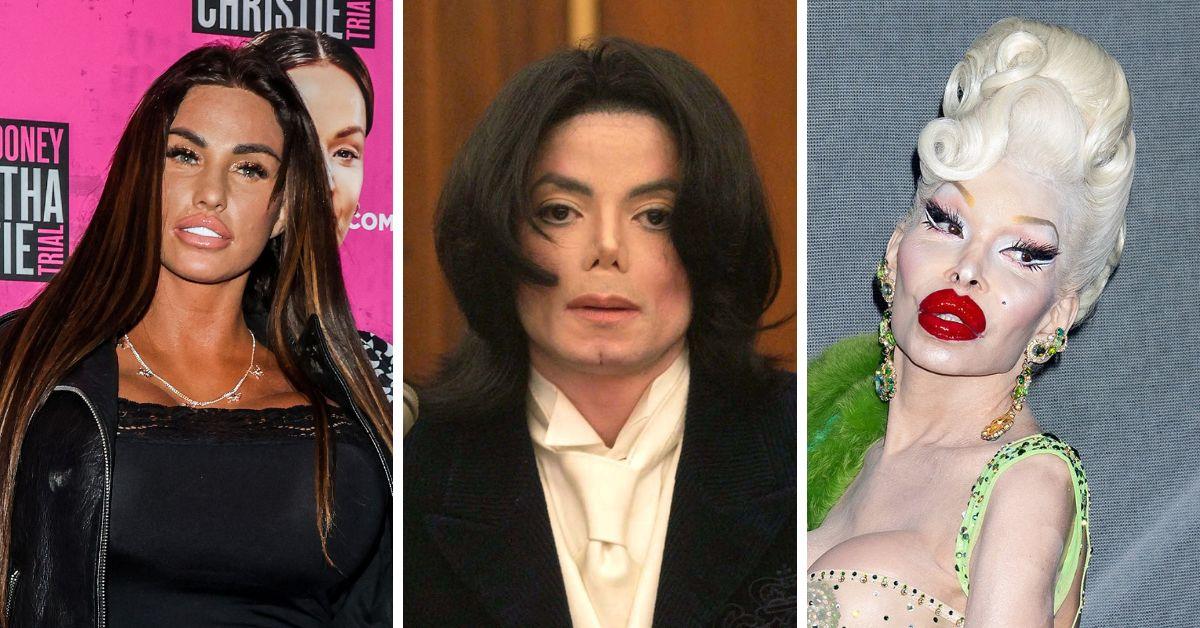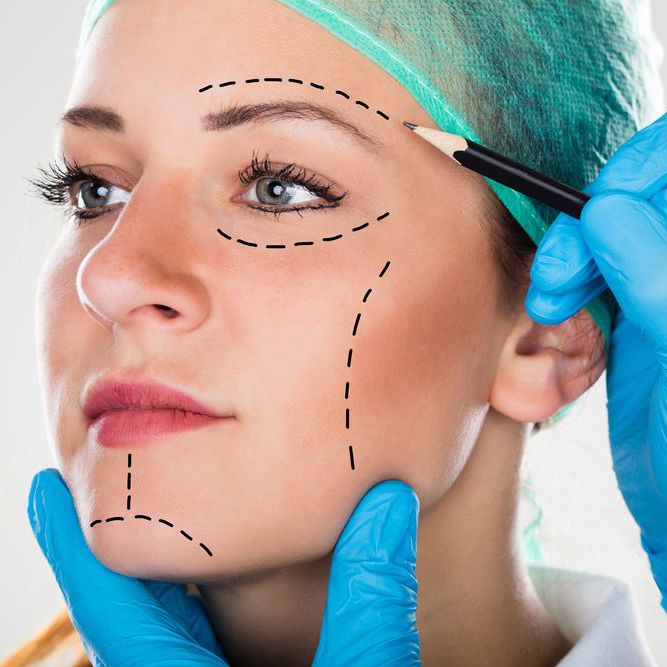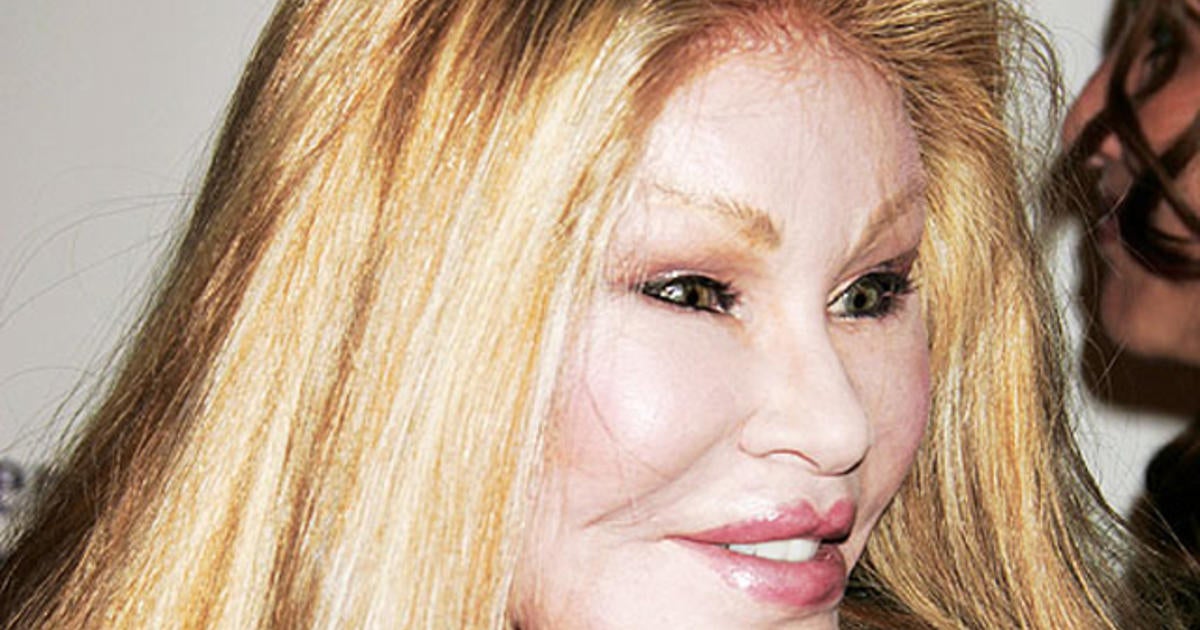Investigating the Mental and Social Elements That Drive Individuals to Consider Plastic Surgery as a way of Improvement
The decision to pursue plastic surgery typically extends past plain appearances, intertwining with social and mental dynamics that merit thorough evaluation. Aspects such as self-worth, prevalent social charm standards, and the pervasive impact of social media sites assemble to shape private motivations for surgical enhancement. As these influences end up being progressively noticeable, recognizing the underlying cultural and psychological contexts is important. What continues to be to be discovered is the extensive influence these aspects have not just on personal identification but additionally on wider social norms and worths surrounding beauty and acceptance.
The Function of Self-worth
Self-worth substantially influences an individual's choice to seek cosmetic surgical procedure. People with reduced self-confidence often regard themselves in an adverse light, leading to feelings of inadequacy regarding their physical appearance.

Eventually, the duty of self-esteem in the decision-making process pertaining to cosmetic surgical procedure highlights the complex interplay between body photo, individual complete satisfaction, and psychological health and wellness. Recognizing this connection is essential for healthcare professionals to make sure that clients are making informed choices rooted in practical expectations and psychological well-being.
Social Beauty Specifications
Influenced by pervasive media representations and cultural narratives, societal charm criteria play a critical role in shaping individuals' understandings of their very own bodies. These criteria are commonly identified by an idealized form of elegance that emphasizes characteristics such as slimness, proportion, and youthfulness. As these ideals are bolstered through numerous networks, including advertising, tv, and movie, people regularly internalize these messages, leading to discontentment with their natural look.
The effects of these societal standards extend past aesthetic choices; they can affect self-worth, mental health, and interpersonal relationships. People that view themselves as disappointing these requirements might experience feelings of inadequacy, prompting a need for plastic surgery as a method of achieving societal approval. This search is usually fueled by the belief that complying with these suitables will certainly boost not just physical look but additionally social standing and individual fulfillment.

Impact of Social Network
The impact of social beauty criteria is further enhanced by the surge of social networks systems, where curated images and idealized representations of appeal are ubiquitous. Individuals are continuously subjected to filteringed system and modified photos, which often illustrate unattainable physical qualities. This direct exposure cultivates a culture of comparison, leading people to evaluate their own appearance against these often unrealistic standards.
Social media influencers and celebs frequently advertise cosmetic treatments, normalizing the concept that medical improvements are a sensible methods for attaining social suitables (plastic surgery rancho cucamonga). The exposure of these improvements can produce an assumption that undergoing cosmetic surgical treatment is a conventional practice, consequently influencing individuals to consider similar treatments as a path to enhanced self-esteem and social approval
In addition, the interactive nature of social media enables for prompt comments via sort and comments, additionally enhancing the wish to comply with popular charm standards. Such communications can exacerbate sensations of insufficiency and drive people towards plastic surgery as a way of acquiring recognition. Eventually, social media plays a pivotal function fit perceptions of elegance, which significantly affects the decision-making procedures bordering cosmetic surgery.

Cultural Perspectives on Appearance
Across numerous societies, understandings of appearance are deeply rooted check this site out in historic, social, and economic contexts, shaping people' views on appeal and charm. In numerous cultures, appearance functions as a substantial pen of identity, affecting social standing, professional possibilities, and personal partnerships. For instance, in some societies, light skin is usually linked with wealth and benefit, while others might glorify darker complexion as icons of toughness and authenticity.
Moreover, typical beauty standards are usually bolstered via cultural stories, media depictions, and family members influences, causing differing suitables throughout different regions (plastic surgery rancho cucamonga). In Western cultures, the emphasis on young people and physical conditioning usually drives people towards cosmetic improvement, while in certain Eastern cultures, even more subtle modifications straightened with conventional aesthetic appeals might be chosen
Globalization and the expansion of electronic media have additionally made complex these characteristics, producing a hybridization of charm perfects that goes beyond geographical limits. As people increasingly browse these social narratives, the pressure to comply with specific appearance standards can result in the desire for plastic see this website surgery, showing an intricate interaction of individual desires and cultural worths. Comprehending these cultural viewpoints is vital in dealing with the motivations behind plastic surgery considerations.
Mental Influences of Plastic Surgery
Many people looking for cosmetic surgery report experiencing profound mental effects that can significantly alter their self-perception and emotional wellness - plastic surgery rancho cucamonga. The wish for physical enhancement typically originates from underlying problems such as reduced self-worth, body dysmorphic problem, or social pressures regarding charm criteria. For some, the instant post-operative phase can bring about a momentary increase in self-esteem and satisfaction with their look, promoting a feeling of empowerment
Nevertheless, these positive feelings may not be withstanding. Research indicates that while some clients experience enhanced self-esteem, others may deal with intense anxiety or depression if their assumptions are not fulfilled. This inconsistency can arise from unrealistic perfects perpetuated by media depiction and cultural stories bordering elegance.
Moreover, the psychological ramifications of cosmetic surgical procedure extend beyond the individual. Relationships with family members and buddies may be strained as social characteristics shift, resulting in sensations of isolation or alienation. Inevitably, the psychological impacts of plastic surgery are complex and diverse, needing careful consideration by both potential individuals and doctor to make sure educated decision-making and realistic assumptions.
Conclusion
To conclude, the decision to pursue cosmetic surgical procedure is substantially influenced by a combination of self-confidence issues, social appeal requirements, and cultural viewpoints on appearance. The see here now prevalent reach of social media sites further aggravates these stress, advertising unrealistic ideals that people usually aim to attain. Recognizing these mental and social aspects is necessary for attending to the motivations behind plastic surgery, highlighting the demand for a much more nuanced conversation bordering beauty and self-acceptance in contemporary culture.
The choice to pursue cosmetic surgical procedure commonly extends beyond simple looks, linking with social and psychological characteristics that warrant complete evaluation. Eventually, social media plays a critical role in shaping assumptions of beauty, which considerably influences the decision-making processes surrounding cosmetic surgery.
As individuals increasingly navigate these cultural narratives, the pressure to adjust to details look standards can lead to the desire for cosmetic surgery, reflecting a complex interplay of cultural worths and personal aspirations.In final thought, the decision to seek cosmetic surgical treatment is significantly affected by a combination of self-worth problems, societal beauty criteria, and social point of views on appearance. Understanding these social and psychological aspects is essential for resolving the inspirations behind cosmetic surgical procedure, highlighting the need for a more nuanced conversation surrounding charm and self-acceptance in modern society.